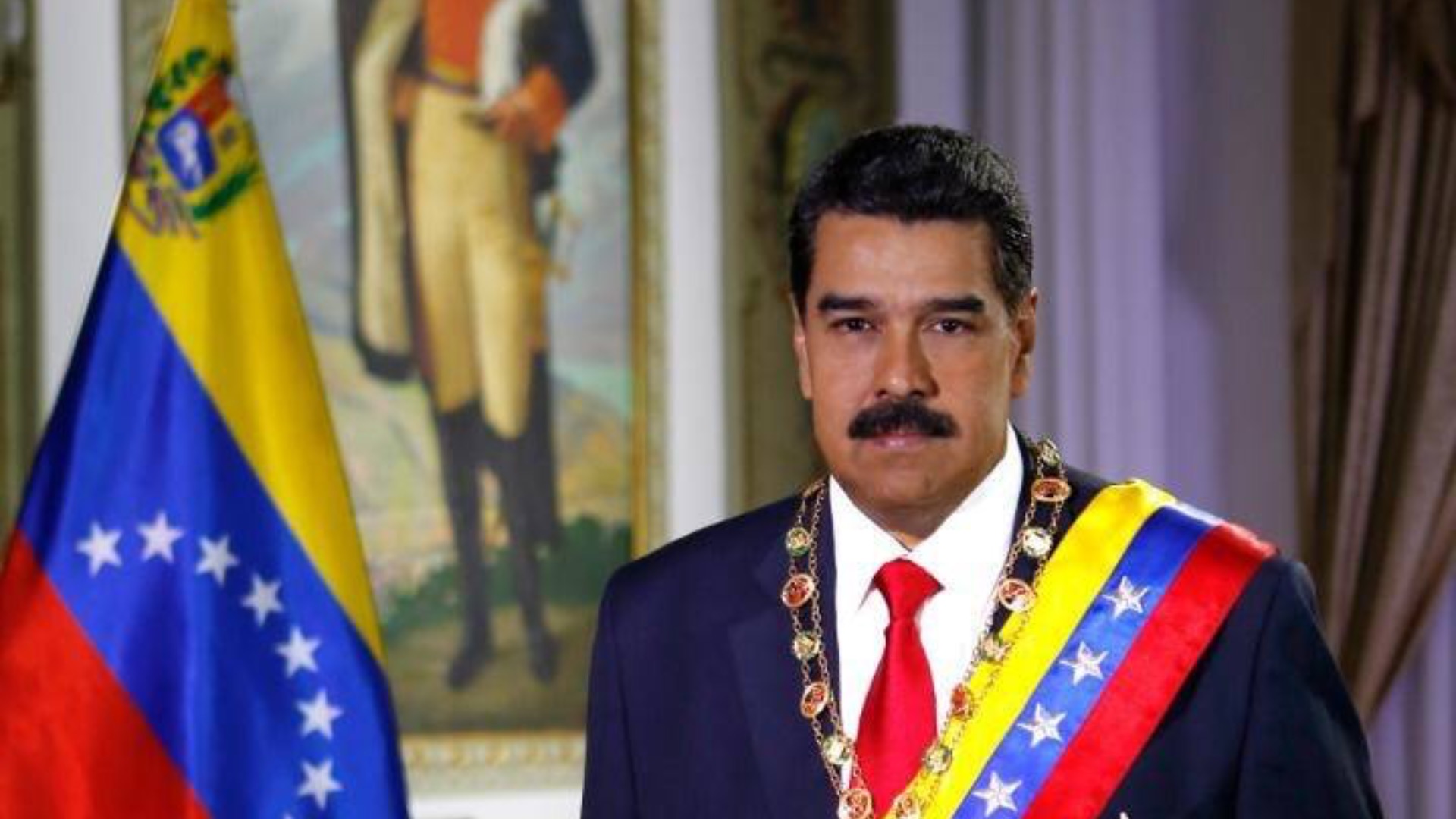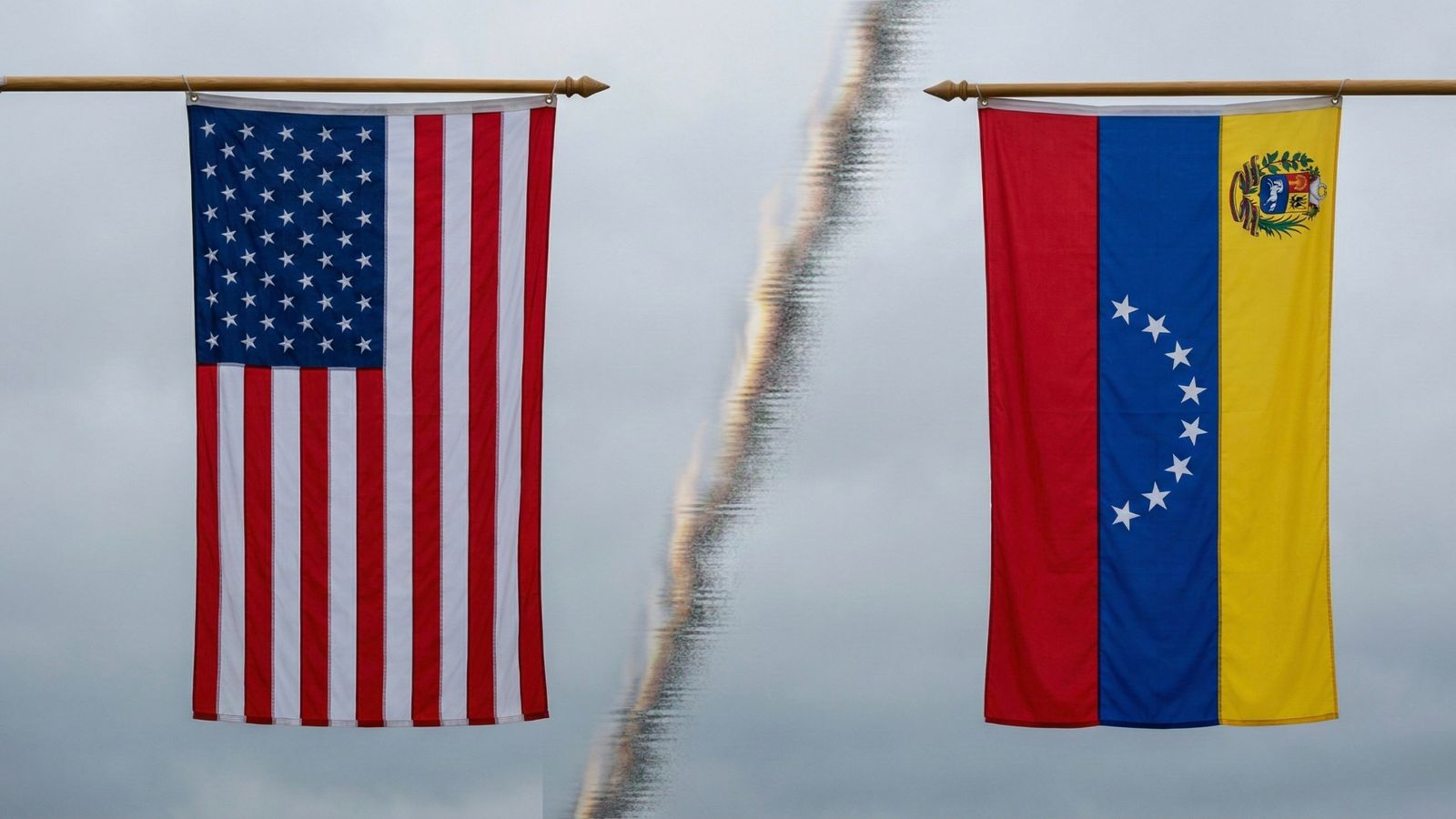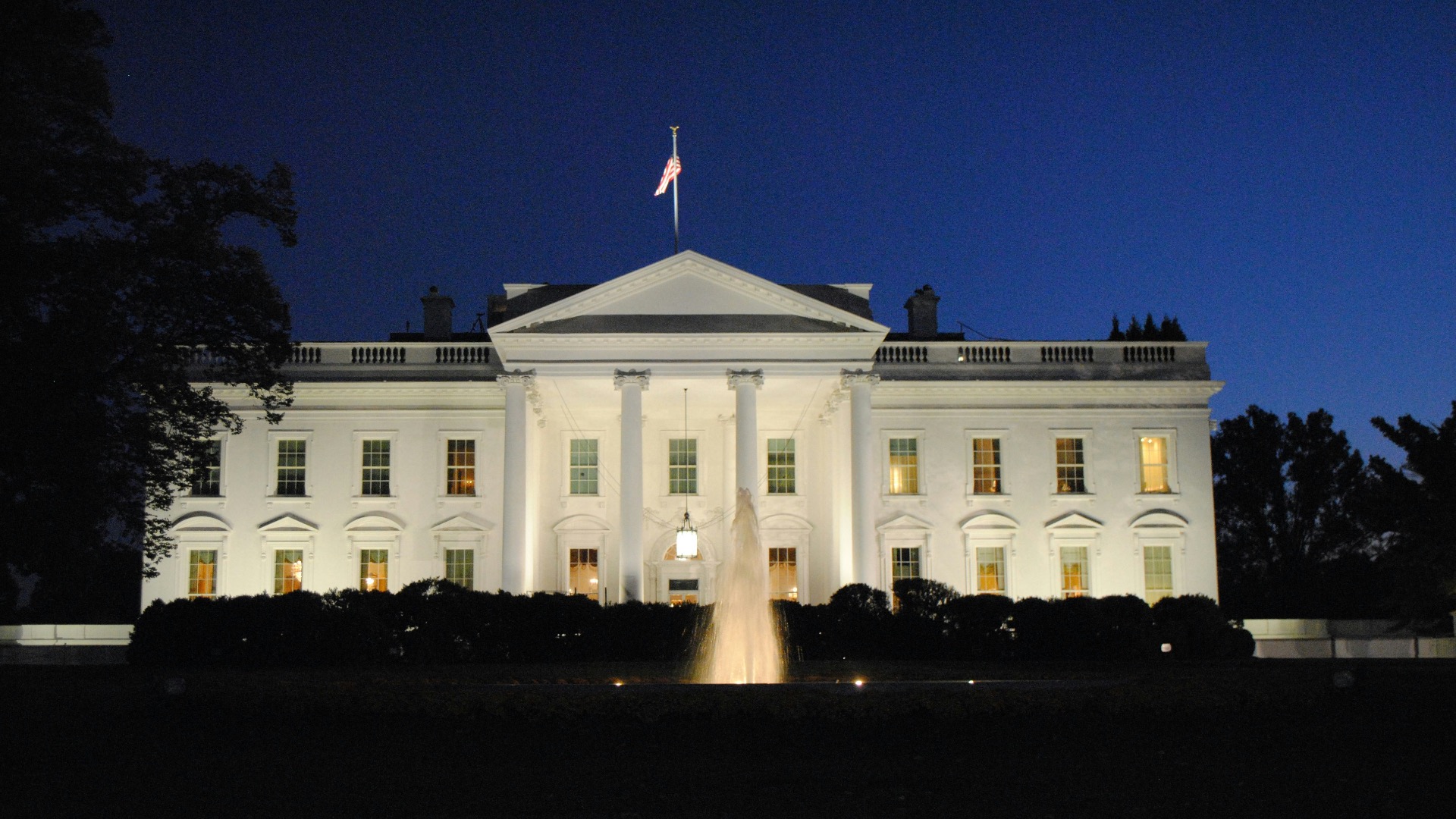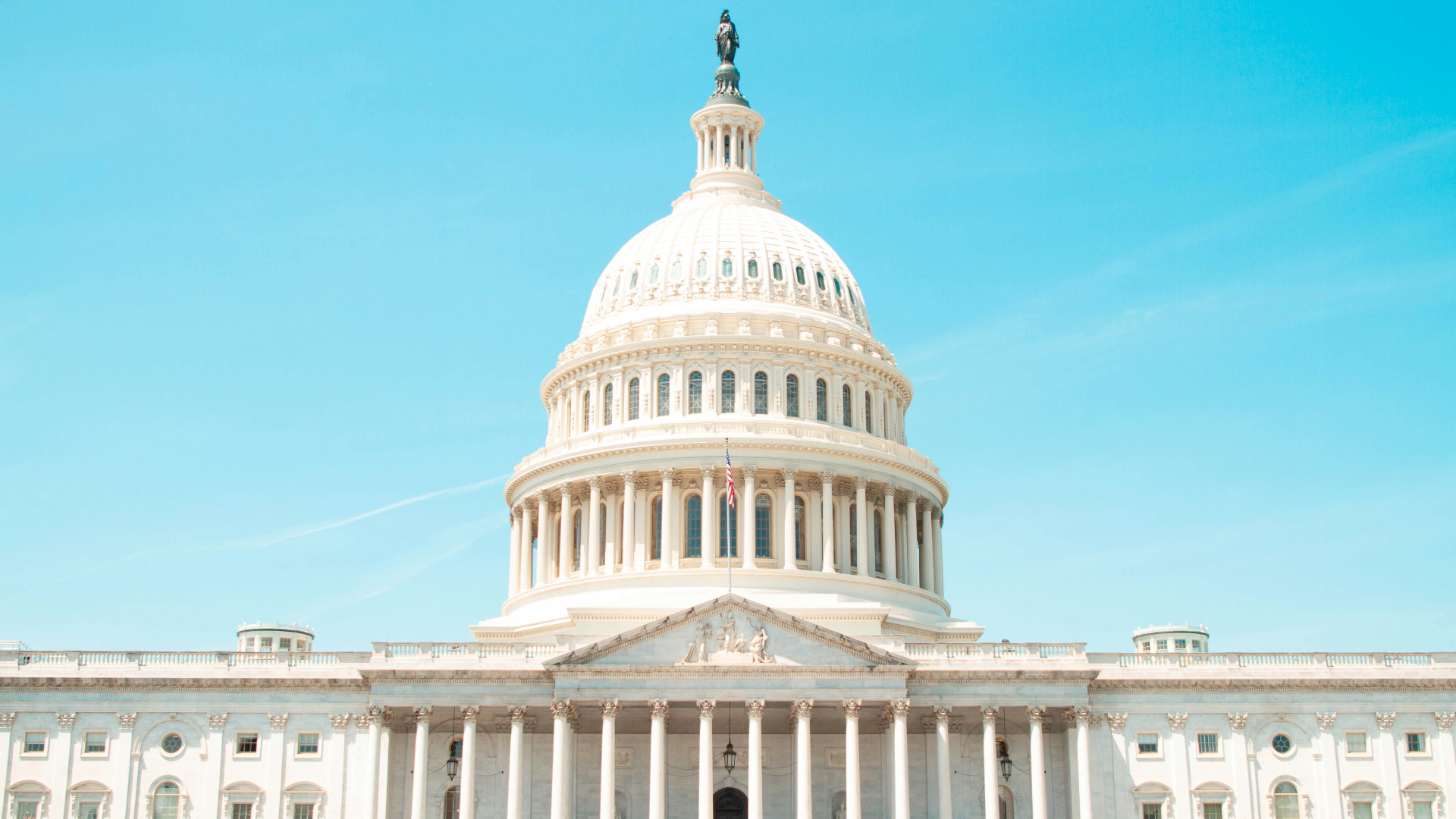
Germany’s 2025 Foreign Policy Plan: Ten Months on Achievements, Gaps, and the Road Ahead
When Germany’s Federal Foreign Office released its foreign policy outlook for 2025 on 27 December 2024, it did so against a backdrop of intense geopolitical turbulence. The document titled “Ringing in the New Year in Turbulent Times” outlined an ambitious agenda to continue support for Ukraine, crisis diplomacy in the Middle East, re-engagement in Syria, humanitarian intervention in Sudan, modernization of visa systems, and a commitment to multilateralism.
Now, ten months later, it is time to assess what has been achieved, where the gaps remain, and how effectively Germany has navigated an unpredictable international and security landscape. While some goals have been met with visible success, others have proven more elusive, highlighting the constraints of even a well-intentioned foreign policy in a fragmented world.

Support for Ukraine: Strategic Commitment Sustained
Nearly three years into Russia’s war of aggression, Germany’s support for Ukraine has become a defining feature of its foreign policy identity. What began a crisis response has evolved into a long term strategic commitment shaping Germany’s role as both a military contributor and a diplomatic actor in European security.
Since the war began, Berlin has disbursed more than €37 billion in aid disbursed, including air defense systems, humanitarian assistance, mine clearance support, and a winter relief package. This support reflects not only solidarity and consistency but sustained leadership.
Germany continues to support Ukraine’s Peace Formula and remains a key player in international forums, including G7, NATO, the EU, and the Berlin Format (an expanded diplomatic grouping involving France, Poland, Ukraine, and Germany) all aimed at achieving just and lasting peace grounded in international law. Germany’s bilateral security pact with Ukraine, developed under the wider NATO and G7 initiative to provide long-term security assurances outside of formal NATO membership, reflects both a symbolic and strategic commitment signaling Berlin’s intent to assume long-term responsibility in European security without triggering immediate alliance obligations.
However, the sustainability of this support is increasingly tested and remains under strain. War fatigue is emerging across European capitals, and domestic political actors in Germany, particularly within opposition parties, and parts of the public have begun to question the long-term financial and political costs of the military aid. While Berlin has positioned itself as a reliable pillar of European solidarity, this commitment is now entangled in a broader identity debate: is Germany merely responding to crisis, or is it stepping into the role of a strategic proactive security power with lasting obligations? Answering that question requires more than incremental aid it demands a coherent long-term strategy that balances deterrence with diplomacy, and national interests with European cohesion. Without a compelling vision of the endgame, even principled support risks losing traction both politically at home and diplomatically abroad.
As the war drags on without a clear end in sight, Germany faces dual pressure to defend its leadership abroad while defending its decisions at home. The risk is not just policy fatigue but narrative fatigue; without a compelling vision of the endgame, even the most principled support may lose its political traction.
Israel and the Palestinian Territories: Crisis Management Amid Diplomatic Limitations
Following the 7 October 2024 Hamas attacks and the subsequent humanitarian catastrophe in Gaza, Germany acted quickly by delivering over €360 million in humanitarian assistance. Berlin has also supported hostage negotiations and coordinated with key Arab partners such as Qatar and Egypt and publicly reaffirmed its long-standing commitment to a two-state solution.
Despite these efforts, meaningful diplomatic progress has been minimal. The two-state framework remains aspirational amid regional instability and escalating violence. Germany has maintained a careful balance, defending Israel’s security while pushing for humanitarian access, but the absence of renewed negotiations limits the scope of impact.
Germany’s influence is constrained by the intractability of the conflict and the fragmented nature of international diplomacy on the issue. While Germany has contributed significantly to humanitarian relief efforts, its ability to influence political negotiations remains limited, and progress toward a sustainable diplomatic resolution has yet to materialize.
Syria: Re-engagement without leverage
For the first time in years, German officials visited in late 2024, aiming to re-establish diplomatic engagement and assess prospects for post-conflict stabilization. The Foreign Office’s eight-point plan promised support for democratic transition, humanitarian relief, and conflict de-escalation.
While Germany has expanded its humanitarian support, the political situation in Syria remains gridlocked. The influence of external powers such as Russia and Iran continues to overshadow European diplomatic efforts, and there has been little traction toward constitutional reform or reconciliation.
Germany’s Syria policy underscores the challenge of engaging in fragile states without sufficient leverage. The effort to shape peace is commendable, but results have been limited.
Sudan: A Humanitarian Imperative Amid Access Challenges
Sudan’s escalating civil conflict between the Sudanese Armed Forces (SAF) and the Rapid Support Forces (RSF) has deepened into the world’s most acute humanitarian and displacement crisis.. Germany pledged to prioritize humanitarian law and civilian protection in 2025, and it has maintained its humanitarian commitments through both direct aid and multilateral partners
However, access to affected areas remains severely restricted. Germany, like other donors, faces operational constraints, including blocked aid corridors, attacks on humanitarian workers, and logistical challenges. The absence of a united international strategy and limited media coverage have also diminished public pressure for action. Germany’s efforts reflect moral responsibility, but the scale and complexity of the crisis require more than humanitarian relief; they demand stronger political engagement, which is currently lacking.
Visa Policy Reform: A Quiet but clear success
One of the most concrete successes of Germany’s 2025 foreign policy plan is the digitalization of its visa process, which launched on 1 January 2025. The new Consular Services Portal has already streamlined applications for skilled workers, with expansion underway for student and family reunification visas.
Processing times have significantly decreased since the launch of the Consular Services Portal in January 2025, according to early indicators from the Federal Foreign Office. While exact figures have not yet been made public, internal projections and parliamentary briefings suggest that hundreds of thousands of applications, primarily from skilled workers, have already been processed through the new digital system. This reform has aligned foreign policy with economic priorities, addressing the national shortage of skilled labor and modernizing Germany’s immigration infrastructure.
Multilateralism and Strategic Alignment: Holding the Center
Germany has continued to champion multilateral cooperation throughout 2025. Its involvement in NATO’s 70th anniversary celebrations, support for OSCE initiatives, leadership within the G7 and G20, and contribution to global climate diplomacy all reinforce its image as a steady and responsible actor on the world stage. Germany’s dialogue with the new U.S administration has remained robust, though some divergence is beginning to appear, particularly on China, emerging technologies, and defense burden-sharing. Germany’s balancing act between maintaining transatlantic unity and pursuing greater strategic autonomy will remain a key theme into 2026.
A Foreign Policy Defined by Crisis Management and Structural Limits
Germany’s 2025 foreign policy plan set out to project leadership, responsibility, and stability in a fractured world. Ten months in, the record is mixed but meaningful. Germany has maintained its commitments to Ukraine, provided critical aid in the Middle East and Sudan, re-engaged diplomatically in Syria, modernized visa systems, and remained a pillar of multilateralism.It has shown resolve, consistency, and moral responsibility, but also faced clear limitations: institutional inertia, fragmented international coordination, and domestic political pressures.
Yet progress on long-term peacebuilding remains limited. Germany’s ability to shape outcomes is often constrained by factors beyond its control: entrenched conflicts, the fragmentation of global diplomacy, and domestic political pressures. The defining tension remains between responsiveness and long-term strategy, between Germany’s self-image as a principled actor and the growing demands of strategic leadership in a volatile world.
As 2025 nears its end, Germany’s foreign policy continues to walk a careful line between strategic ambition and pragmatic realism. Its success in maintaining coherence amid overlapping crises should not be underestimated, but neither should the growing need for more assertive leadership in an increasingly multipolar and volatile world. Looking ahead, Germany’s ability to shape events rather than simply react to them will depend on whether it can translate its crisis diplomacy into sustained influence. That means investing not only in aid and alliances, but in a clearer articulation of its global role, and in building the institutional and political capital needed to back it up.


The World in Focus: Highlights from Foreign Affairs’ Best Books of 2025


2025: A World Without Resolution

The U.S.-Venezuela Limited War of 2025: A Legal and Strategic Assessment



